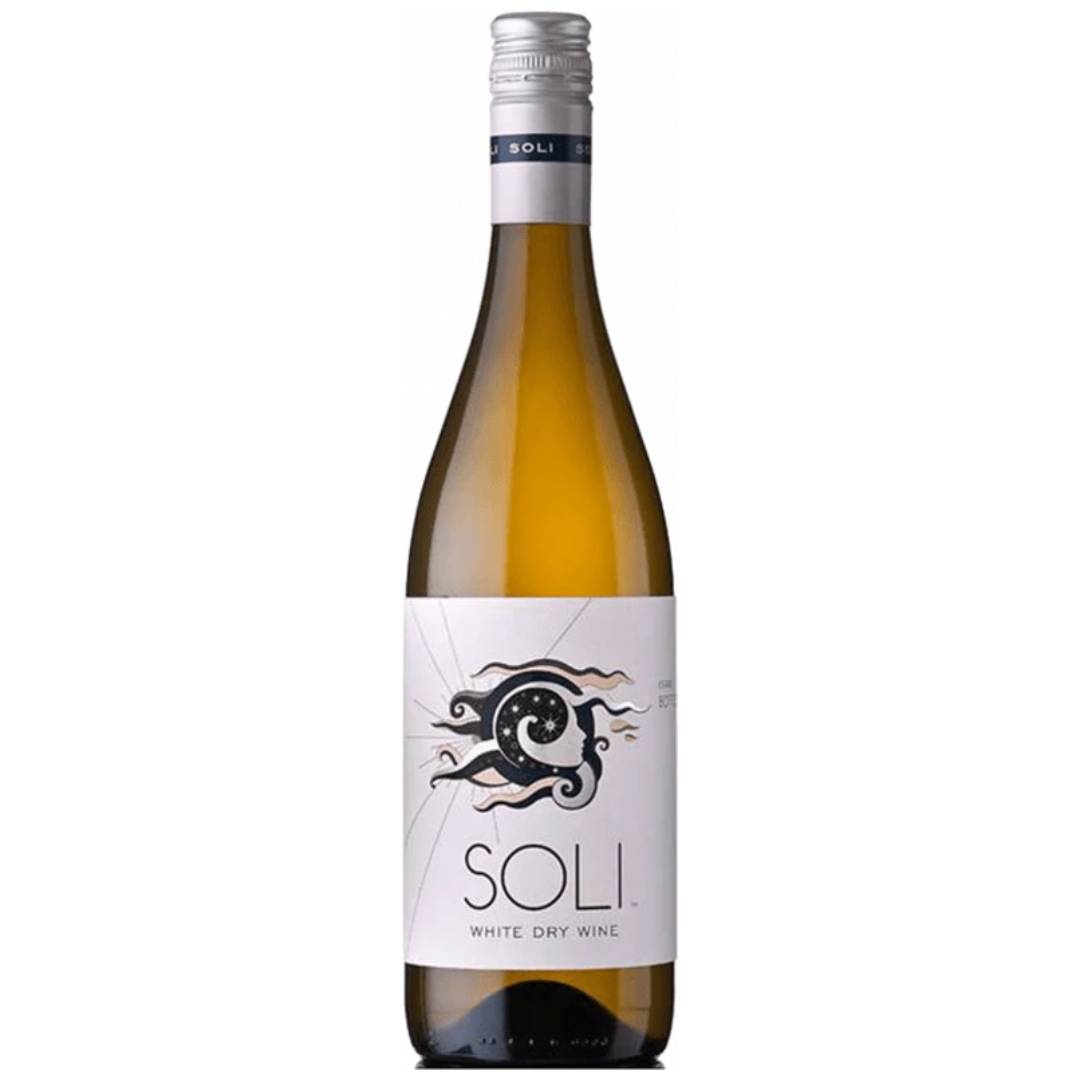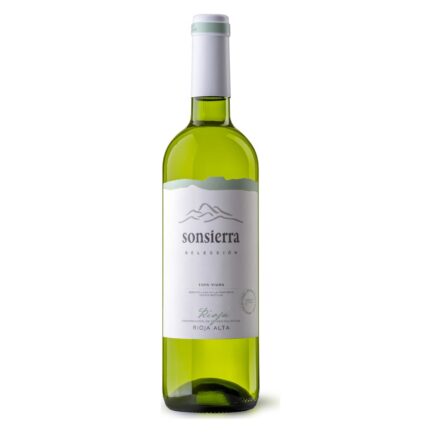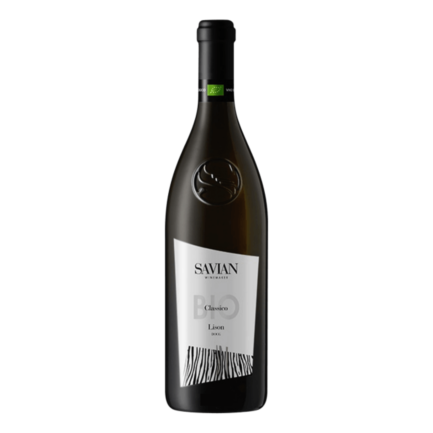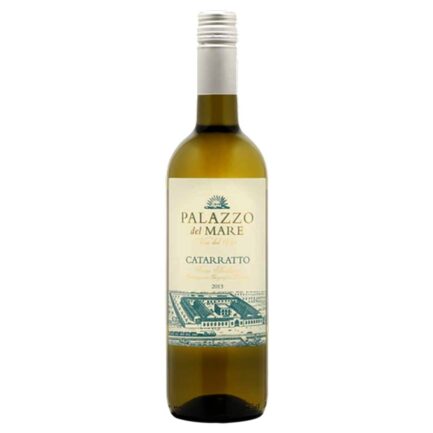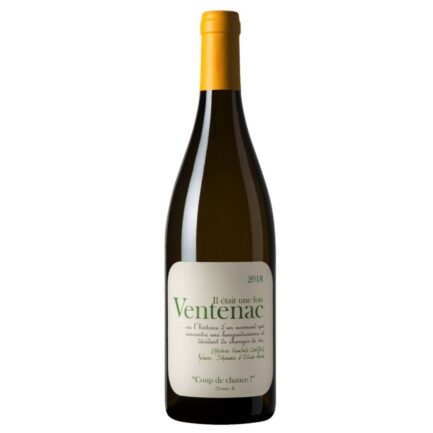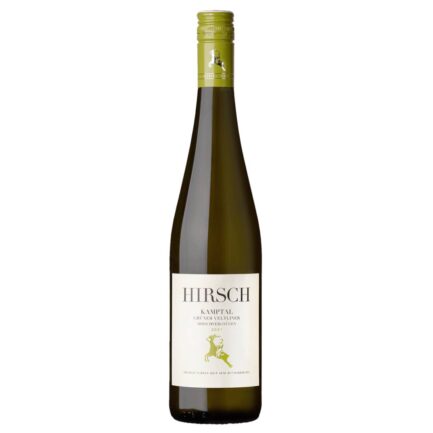Soli White 2021, Edoardo Miroglio, Thracian Valley
£ 14.50
Out of stock
Details
Tasting Notes
Enticing aromatics dominated by semi-dried pineapple, perfectly ripe juicy peaches, passionfruit and apple blossom. Simultaneously delivers a tease of heady aromatics, texture and freshness in spades.
The Producer
After searching Bulgaria in the late 90’s for the perfect location for his new textile factory, Edoardo Miroglio quickly fell in love with the country and channeled his Italian winemaking heritage into setting us his own vineyard. He purchased his first plot in 1998 and by 2004 had produced his own vintage.
Bulgaria may seem like an unlikely home for this new venture, until you learn it was once the fourth largest wine exporter on the earth. However due to the communist regime in control until the late 80’s, no bottles reached western shores until vineyard ownership was transferred back into the private sector. This transition was slow and ultimately resulted in a decline in quality and production.
Vinification
The production of white wines has the aim to divide the skins of the juice prior to fermentation in order to avoid the withdrawal of substances which may alter the color and preservation of the white wines.
The grapes are harvested by hand and transported in BINS where it is clustered and squished. The obtained mash – juice, if necessary is cooled to 12-14 degrees Celsius. Then, it is sent in the pneumatic press that extremely delicately and sophisticatedly presses the mash in order to extract the juice. After this process, the juice is put to decant for 36-48 hours. After the removal of the clear juice from the sediments at the bottom, the process of fermentation begins which must be slow and continuous and may last from two to three weeks. Upon the completion of the fermentation 2 overflows are made in the next 10 days, which is typically poured into steel vessels for aging at the end of winter when it is ready for bottling.
